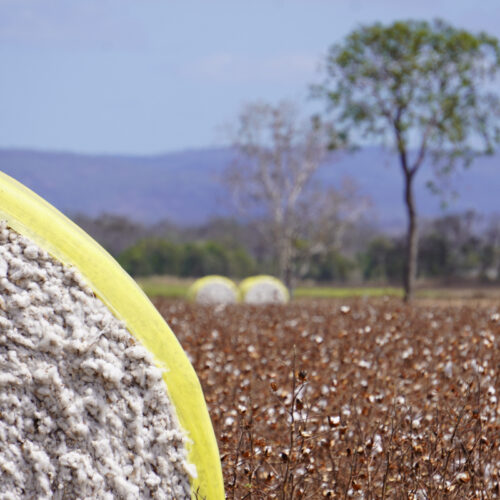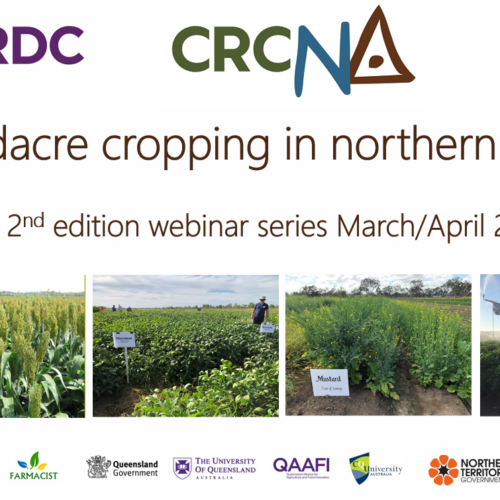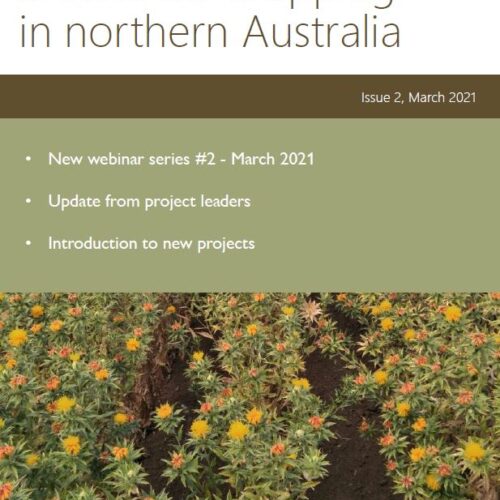
- Reference # A.2.1819106
- Project Status Current
- Timeframe 3 years 2 months
- Project manager Ian Biggs
- CRCNA Funding $508,790.00
- Total project value $1,585,465.00
- Project research participant Elders Rural Services Ltd (Elders)
- Research Programs 2. New and developing industries in Northern Australia
- Location Brisbane, Richmond, Clermont, Georgetown
- Broadacre cropping
- Agriculture
Summary
This project proposes a participatory on-farm program with growers driving the RD&E activities to identify best crop and management options and bridge gaps between present and potential yields. The research will assist building farmers’ skills, and identifying high profit and low risk options in broadacre cropping by trialling sorghum , maize and forage crops.
It will:
- Work with farmers to identify and address knowledge gaps in cropping and ensure they are engaged across the life of the project through a participatory approach to RD&E.
- Run researcher managed trials at “Strathmore Station” (Gilbert catchment) and “Curra” (Burdekin catchment) to develop adapted agronomic packages.
- Support farmers’ managed trials at “Prestwood Station” (Gilbert catchment).
- Work with Radicle Seeds Australia and Elders to identify optimum combinations of hybrid characteristics in maize and sorghum crops and forages likely to confer adaptation to northern Australia’s environments and markets.
- Communicate project outputs with farmers, consultants, AgForce members, and agribusinesses across the Gilbert and Burdekin catchments.
Expected outcomes
- $10 million in farm gate returns across north Queensland with peak adoption estimated to be 84 per cent.
- Improve understanding of how crops need to be managed to maximise yields and minimise risks; boost knowledge on the performance of available varieties of grain cereals and grain forages in northern Queensland environments, and enhance adoption of known technologies such as conservation agriculture. This will help farmers and agri-businesses make more informed decisions and investments in broadacre cropping with a deeper understanding of profit and risk drivers.
- Seed companies having an improved understanding of optimum combinations of crop physiological traits in sorghum and maize, for different environments across Northern Australia.
- Farmer advocacy groups producing better informed policy briefs based on robust evidence on productivity potential of alternative broad acre cropping options.
Publications
30 April 2021
De-risking broadacre cropping options in north Queensland – webinar
Type: Webinar
Industry: Broadacre cropping
2 March 2021
Broadacre cropping in Northern Australia newsletter Vol #2
Type: Fact sheet
Industry: Broadacre cropping



